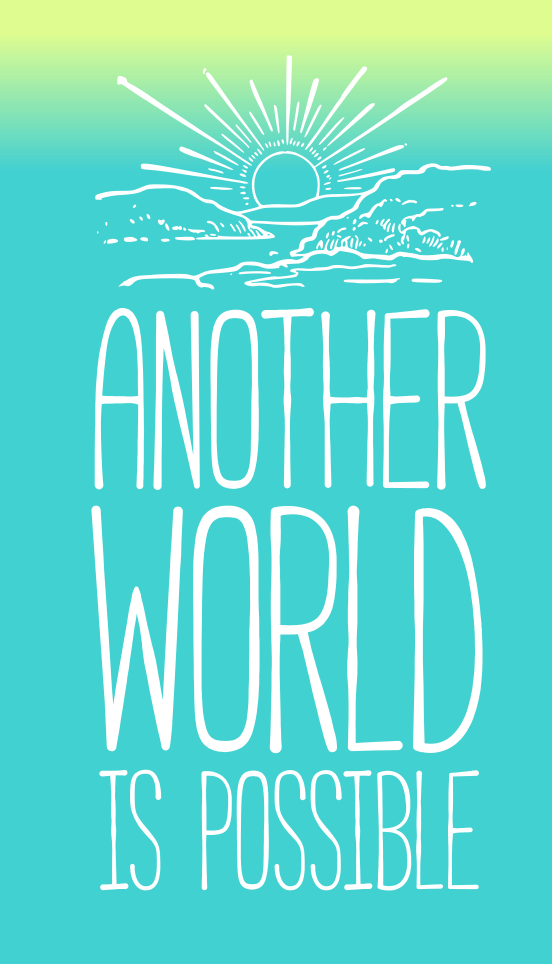
Spring 2022
Harvard University, Department of History of Science
In this class we will learn about people who have organized themselves and their economy in cooperative, humane, and equitable ways. We will look at cooperative enterprises, the solidarity economy, physical and digital commons, and the organizations that spring up during disasters. Lessons learned from these examples offer ways to create a more liberated world based in racial, climate, and economic justice.
In the dominant imagination, people can only be organized in two ways—by hierarchies or in competition. Either someone is in charge, or everyone fights it out. Organizationally, this narrows the choices to the chain-of-command style organization of corporations, governments, and military, or the dog-eat-dog rivalry of the market. Either choice can have negative consequences for those involved. Worse, these options do not make much room for solidarity and autonomy, let alone care and justice. There is little room to imagine how all individuals and communities can thrive.
Alternatives are available. Cooperation is a ubiquitous, if unrecognized, part of daily life. It is also a principle that has been the basis of successful, large- and small-scale organizations. The submerged history of cooperation can expand our collective imagination about the possibilities of social, political, and economic organization. This history also offers a toolbox of models, design patterns, and techniques for creating new forms of organization. This expanded imagination and toolbox can be the foundation for a militant optimism about creating a just and sustainable world.
See the course page for more information.